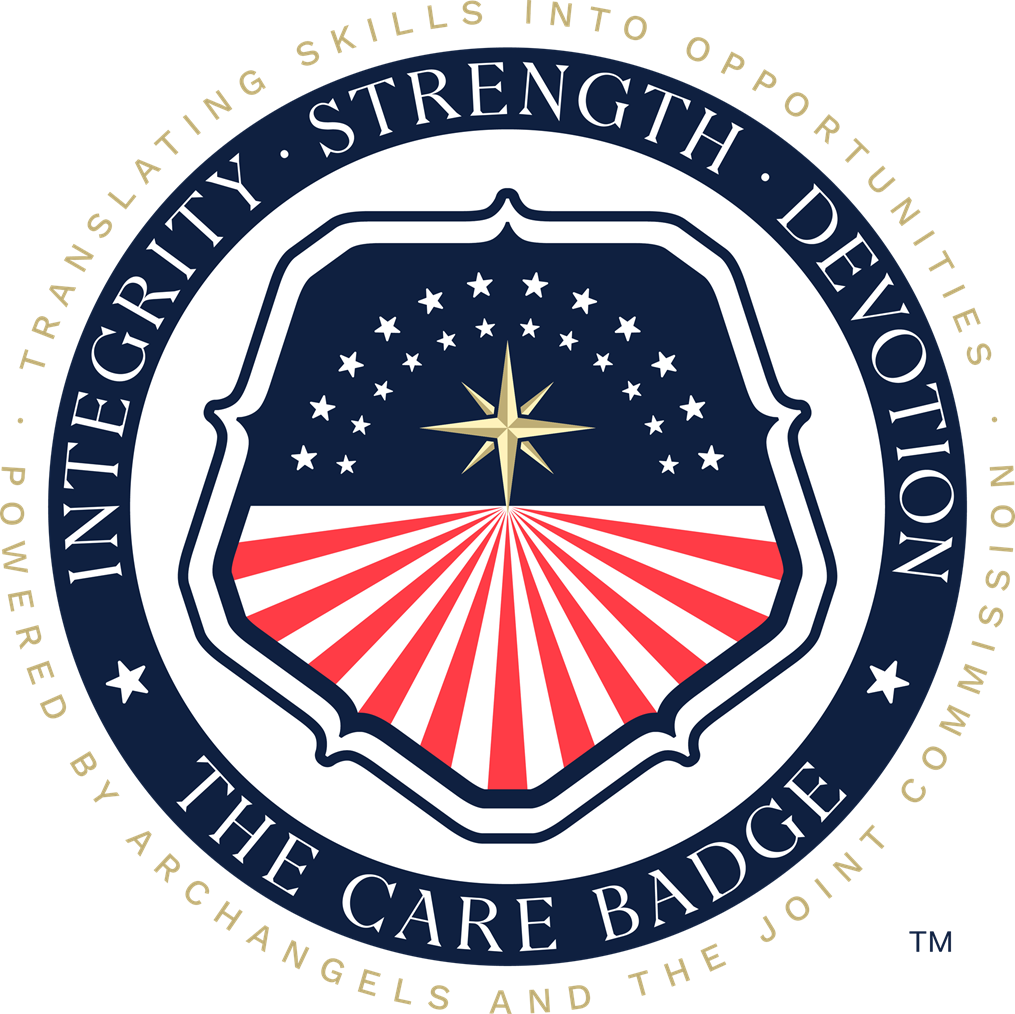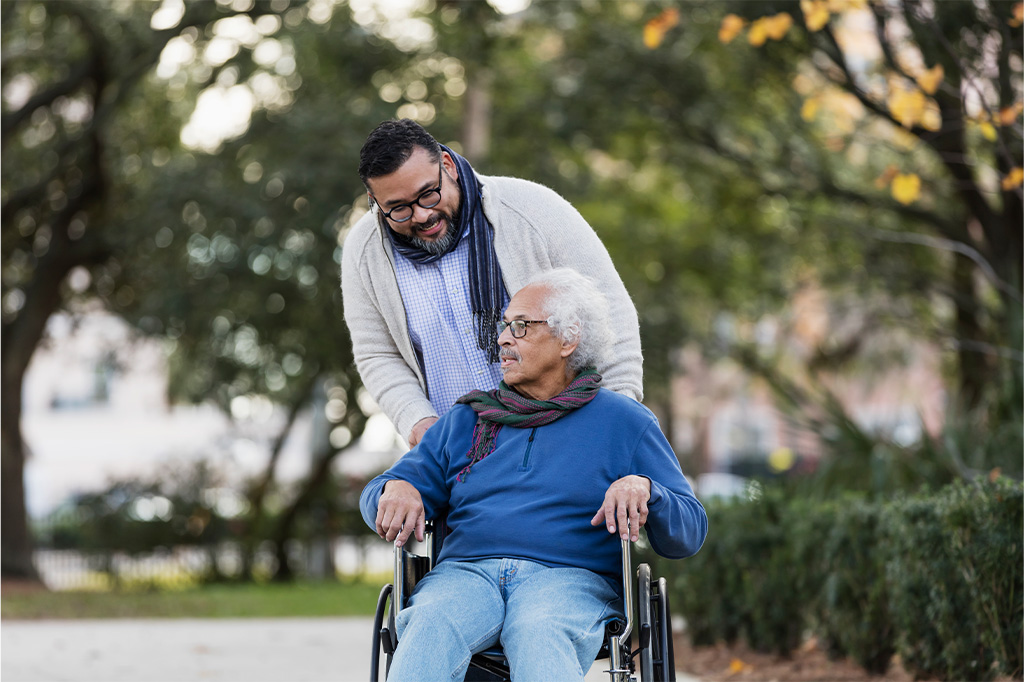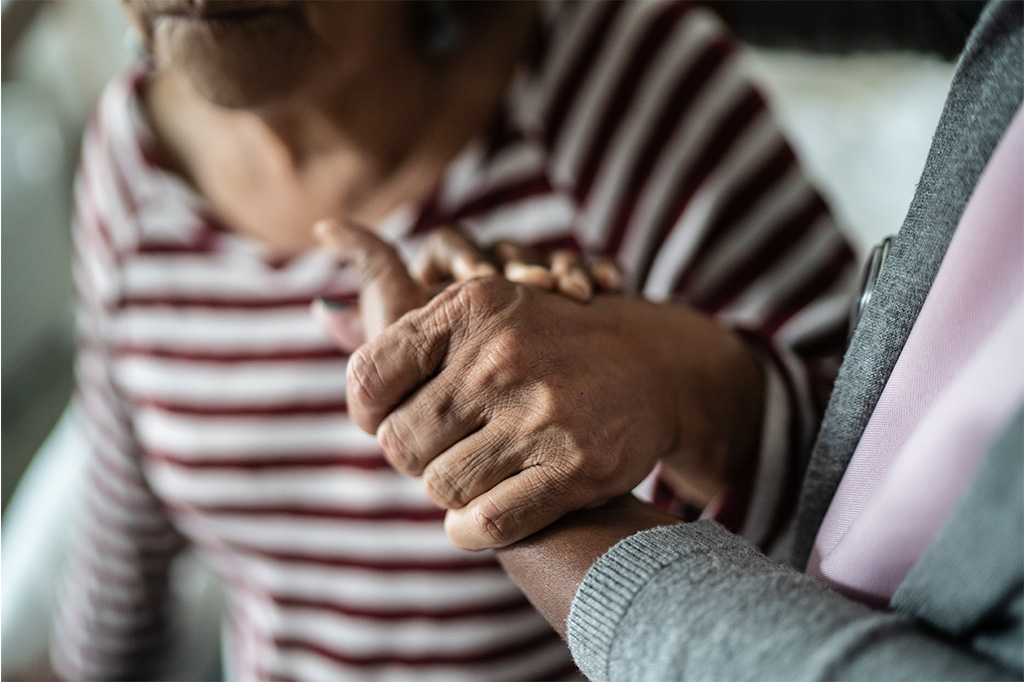In the United States, more than 40% of adults are serving as unpaid caregivers.1 They do what’s needed to help family, friends or others in their life manage their health in many ways, from providing personal care to transporting them to medical appointments and so much more. In doing so, caregivers learn valuable skills that should be recognized.
1 Mental Health Among Parents of Children Aged <18 Years and Unpaid Caregivers of Adults During the COVID-19 Pandemic – United States, December 2020 and February–March 2021. MMWR Morb Mortal Wkly Rep 2021;70: 879-887.






